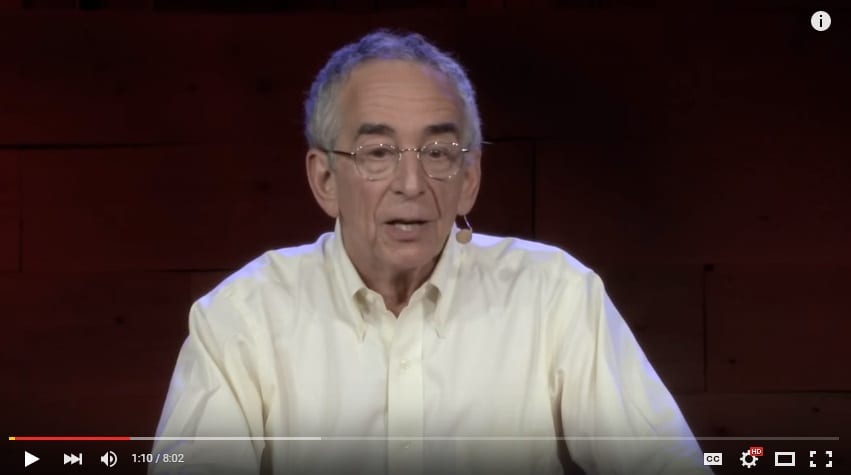
In other words, more choice does mean more freedom, until it evolves into a state of overchoice, when it leads to confusion, anxiety, and stress. Because the equation works only to some point. In it, Barry Schwartz suggests that we are wrong to equate choice with freedom. In fact, that’s the starting point of “The Paradox of Choice.”

Now, what if we told you that it’s for your own good? Time for a worldwide #QuitNetflix Twitter campaign, right? Imagine how you’d react if someone told you that, starting from tomorrow, you’ll be able to stream only half of the films you can today. He is the author of eight books, the last one being “ Why We Work.” A revered speaker, Schwartz has shared his findings of “The Paradox of Choice” during a beloved TED Talk, viewed by more than 10 million people. degree from the University of Pennsylvania three years later.Ĭurrently a Professor of Social Theory and Social Action at Swarthmore College, he is a frequent collaborator of “The New York Times’ where he psychologically analyzes current events. He received his BA from New York University in 1968 and obtained a Ph. About Barry Schwartzīarry Schwartz is an American psychologist. Those who’ve enjoyed books such as “ Future Shock” by Alvin Toffler will like Schwartz’s similar book even more. That’s why we’re guessing that it will be appealing to a wide range of people.
#BARRY SCHWARTZ TED 2009 HOW TO#
And to give few practical pieces of advice on how to overcome it. “ The Paradox of Choice” tries to explain the reasons behind this problem. Yet, there’s almost no person on this planet that hasn’t felt, at least for one time during his life, paralyzed by the inability to choose between the proposed options.

And we’ve grown accustomed to believing that choice equals freedom. Who Should Read “The Paradox of Choice”? And Why? But, stay with us and let Barry Schwartz tell you the more used one. OK, that’s not exactly the technical term for it. It’s a problem sociologists call “choice overload.”

Have you ever gone to a supermarket with the idea of buying a bottle of Coca-Cola and ended up buying… well, exactly that only two hours later?ĭon’t worry: we all have. Why More Is Less & How the Culture of Abundance Robs Us of Satisfaction


 0 kommentar(er)
0 kommentar(er)
